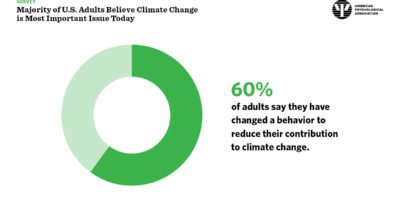Each month here in the United States, we have exciting awareness months. October especially comes with some well-known ones: Domestic Violence awareness month and Breast cancer awareness month.
One that not as many of us are familiar with in October is Health Literacy month!
While this may seem boring or perhaps unfamiliar, it is arguably one of the most important tools to have to properly navigate the health care system, and more easily understand health information.
Health literacy is basically one’s ability to obtain, interpret, and apply healthcare information to make appropriate health decisions and follow instructions for treatment.
Helen Osborne, the founder of Health Literacy Month, says she designed this awareness campaign to fall just before open enrollment for health insurance, which typically begins November 1, to help individuals and workers in healthcare work together to make health language easier to understand for all. As organizations, we have a responsibility to address health literacy and create materials and tools for patients that are at a reading level and contains verbiage they can not only understand but utilize.
For patients, here are some practical things you can do to advocate for yourself to improve your health literacy:
- You should write down any questions you may have between visits with your provider.
- Know the major health institutions that can provide reliable health information- CDC, WHO, and any local government health department.
- Don’t be afraid to ask questions! No question is a bad one.
- Bring along a loved one or caregiver if you need extra support, or an interpreter if language is a barrier as well.
- Bring all your medications to each visit.
- Tell the truth- don’t be afraid.
- Know your medical history- do your best to recall any surgeries, allergies to medications, and more.
With only 1 out of 10 Americans being considered health literate, this is an issue that is widespread across all types of healthcare, ethnicities, genders, socioeconomic statuses, and geographical areas. It’s important that providers and patients alike do no overlook the importance of health literacy for ourselves, our families, and our communities.
If we make health literacy a priority, we will improve health outcomes across the nation.
By Shannon Schwarberg
Senior Program Manager, Special Project Development
Spectrum Health and Human Services



